Intelligent Perception Research Institute
Artificial Intelligence Research Institute
Future Network Research Institute
Interdisciplinary Research Center
Intelligent Perceptio Research Institute
![]()
![]()
Future Network Research Institute
![]()
![]()
Artificial Intelligence Research Institute
![]()
![]()
Interdisciplinary Research Center
![]()
![]()

On November 5, the 1st International Symposium of Biological Computation hosted by ZJ Lab was held successfully in Zhejiang Lab Nanhu Headquarters. At the symposium, ZJ Lab initiated and officially launched the International Collaboration Science Program for Biological Computation (BioBit Program), under which the Lab will work with the University of London, the University of Washington, the Israel Institute of Technology and other top-class international scientific research forces to jointly carry out innovative exploration and research on biological computation, enabling the development of life and health, new materials, environment, etc.
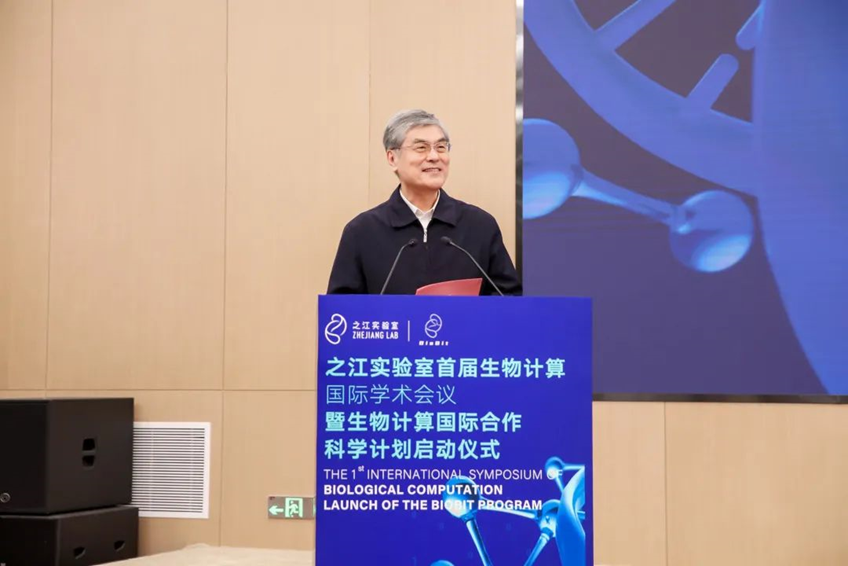
"The BioBit Program has established a cross-boundary platform for scientific research exchange and collaboration in the emerging field of biological computation, which fully displays ZJ Lab's sense of responsibility as an international new type research and development institution. I believe that the BioBit Program will trigger a new wave of scientific research in the field of international biological computation, light up a spark of innovation, and create a new research paradigm," said PAN Yunhe, Academician of the Chinese Academy of Engineering and Chief Scientist in Artificial Intelligence at ZJ Lab.
What is biological computation? What will the BioBit Program explore? OUYANG Qi, Academician of the Chinese Academy of Sciences and Professor of Peking University; Stephen Mann, a Fellow of the Royal Academy of Science and Professor of the University of Bristol, UK, and academic and industry experts from Israel, Spain, China and other countries, either in person or online, answered these questions at the symposium.
What is biological computation?
As a matter of fact, the human body itself is the best interpretation of biological computation. "Every cell in the human body is a 'biological computer'." said WANG Baojun, a Senior Research Expert at the Research Center for Biological Computation of ZJ Lab, "Cells receive various signals from the outside world all the time, and then process and convert the information through the gene regulatory network, and produce specific responses. It can be said that every action of the human body or every physiological reaction is the result of the human body's internal 'computation'."
With the development of the research on biological computation, biological computation, in a broad sense, now includes two meanings, that is, bio-inspired computation and computation using organisms as components. This also arouses two fundamental scientific questions in the field of biological computation: one is how to remodel biomolecules and cells to achieve signal processing capabilities beyond those of natural organisms, and lead to disruptive technologies in areas such as health, environment, and materials. The other is how organisms can efficiently store and process information, and how they can enlighten the basic theory of computation to advance the development of intelligent computing.

At the symposium, OUYANG Qi, Academician of the Chinese Academy of Sciences, made a keynote presentation entitled "Research Status and Development Direction of DNA Molecular Information Storage". He shared with others the research significance and basic principles of DNA storage, and proposed the development direction of DNA storage based on the latest research achievements and technology development trends at home and abroad. Academician OUYANG Qi pointed out that in the future, it's necessary to further promote the integration of biotechnology and information technology, and focus on the development of DNA storage scale and read-write speed, storage system innovation, and various data regulation functions.
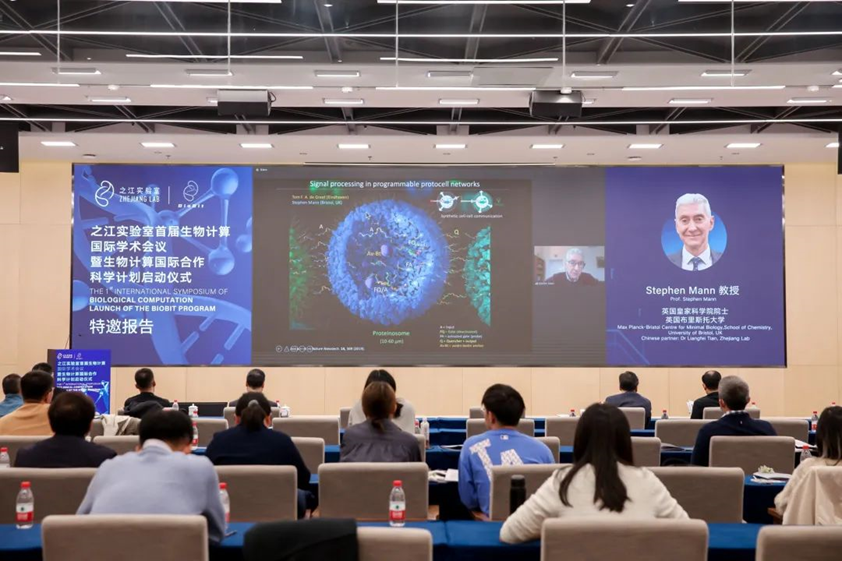
In his keynote presentation, Prof. Stephen Mann, a Fellow of the Royal Academy of Science, UK, introduced a common and scalable platform called Biomolecular Implementation of Protocell Communication (BIO-PC). BIO-PC enables the reliable execution of distributed DNA-based molecular programs in biologically relevant environments and opens new directions in DNA computing and minimal cell technology. Stephen Mann also shared with others the latest exploration of protocell communication through the combination of the CRISPR/Cas mechanism and DNA nanotechnology. He believes that this new technological direction is an important step towards the development of protocells with distributed molecular information processing capabilities.
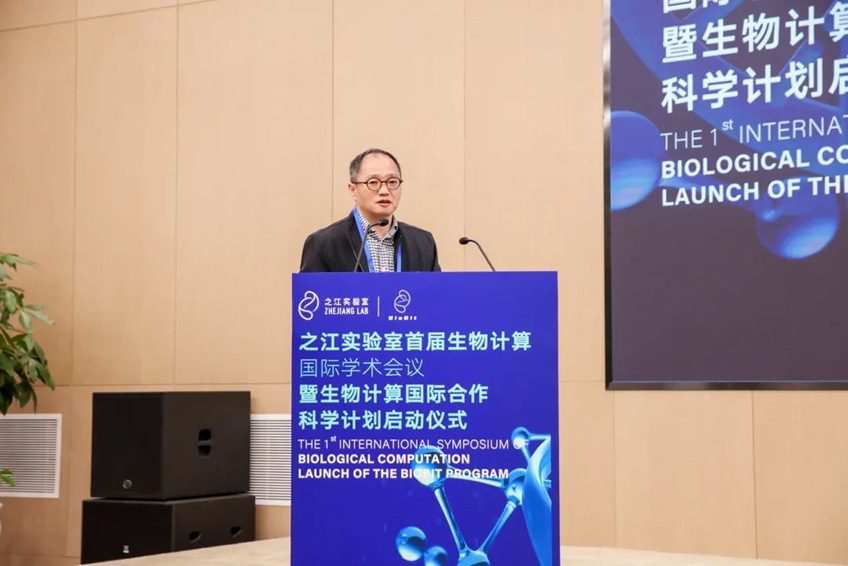
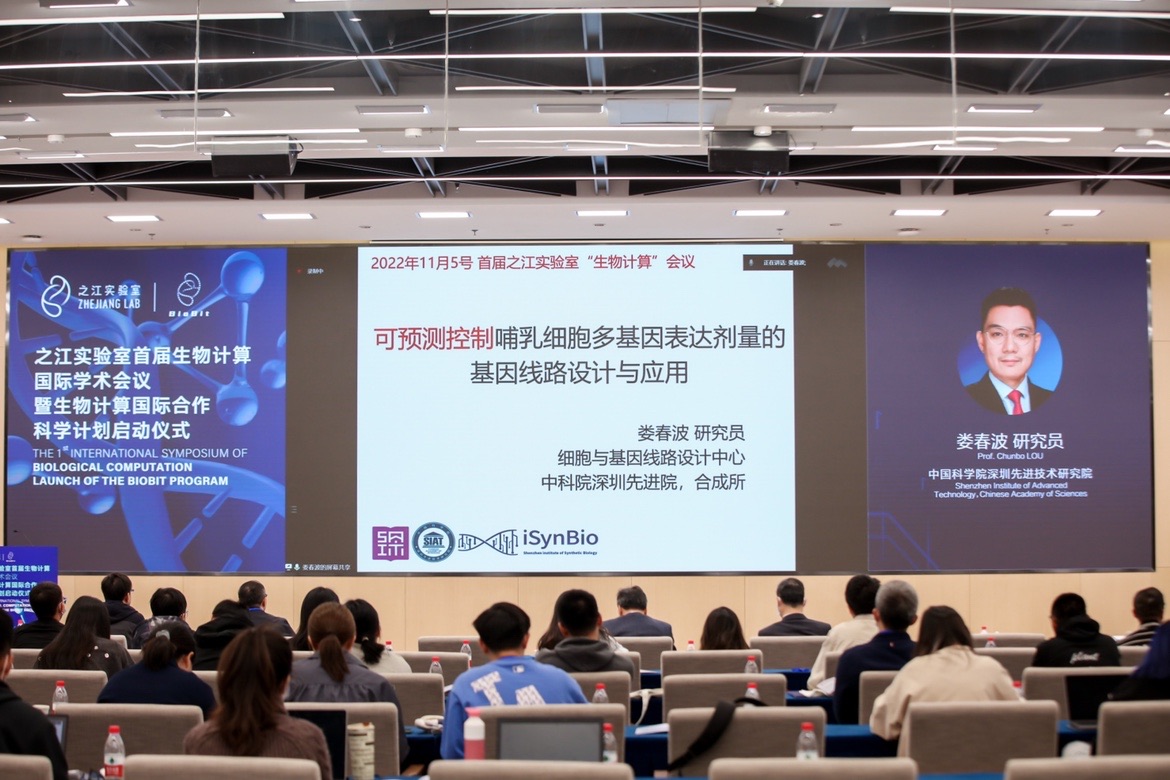
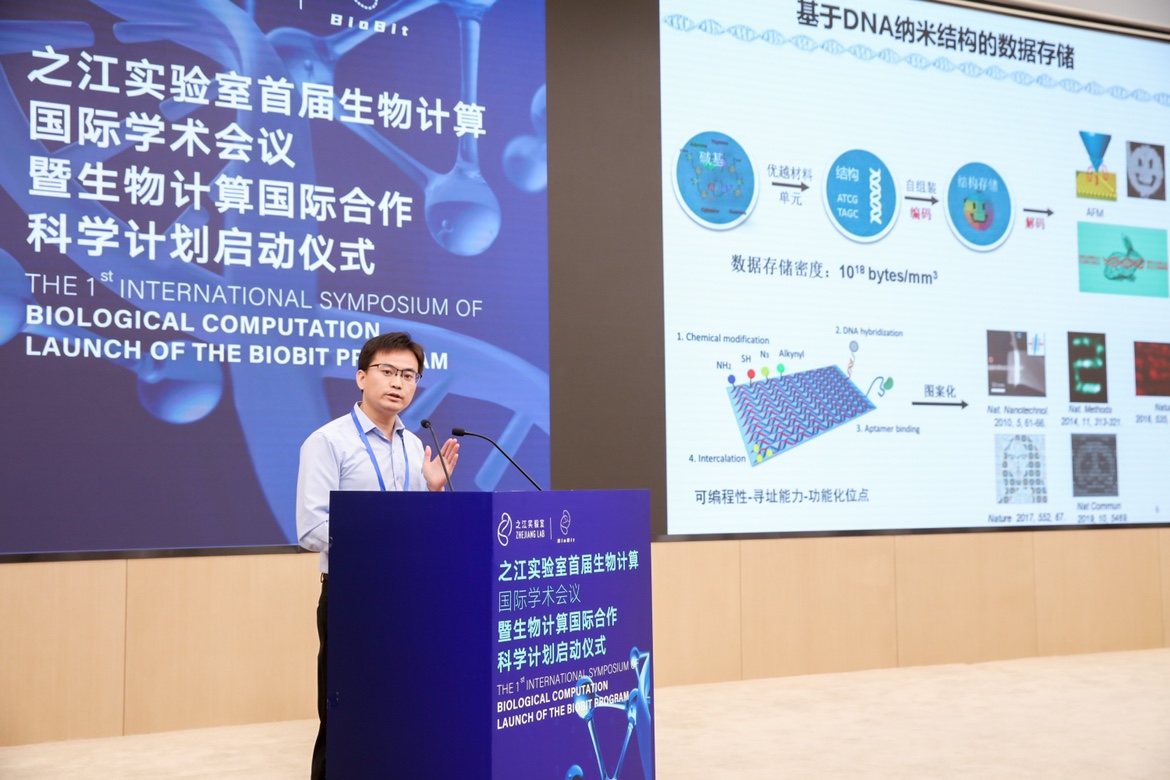
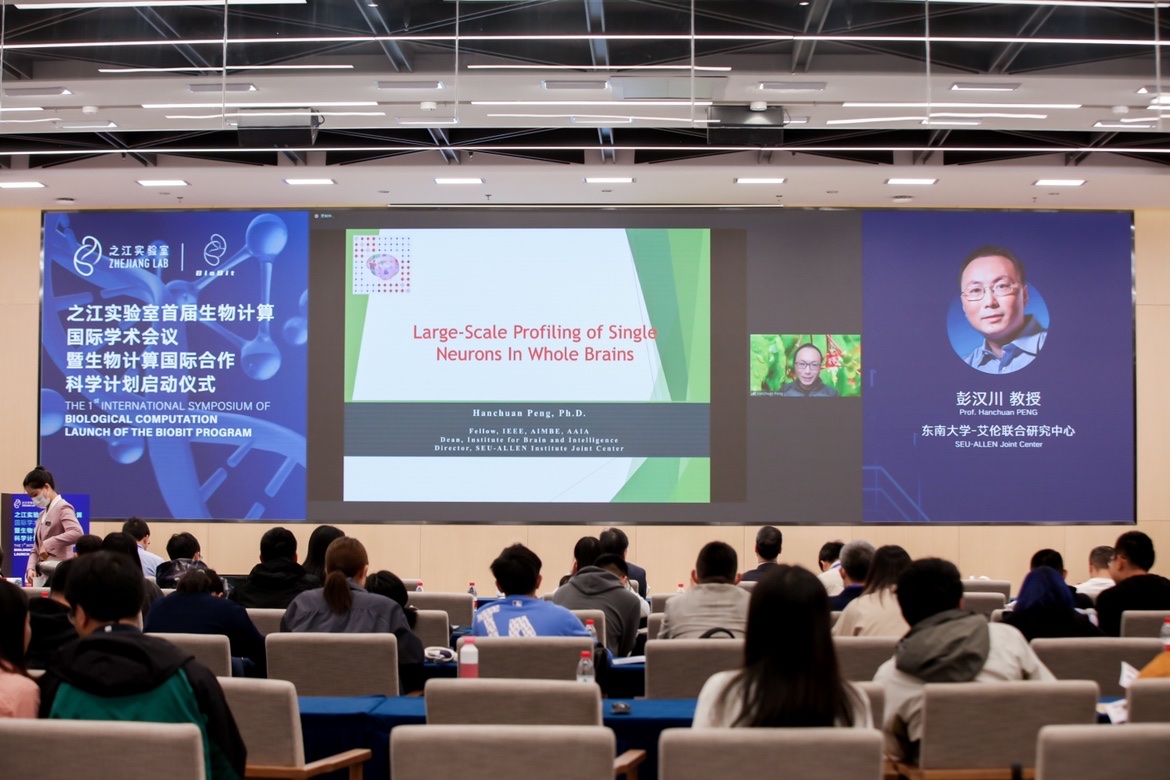
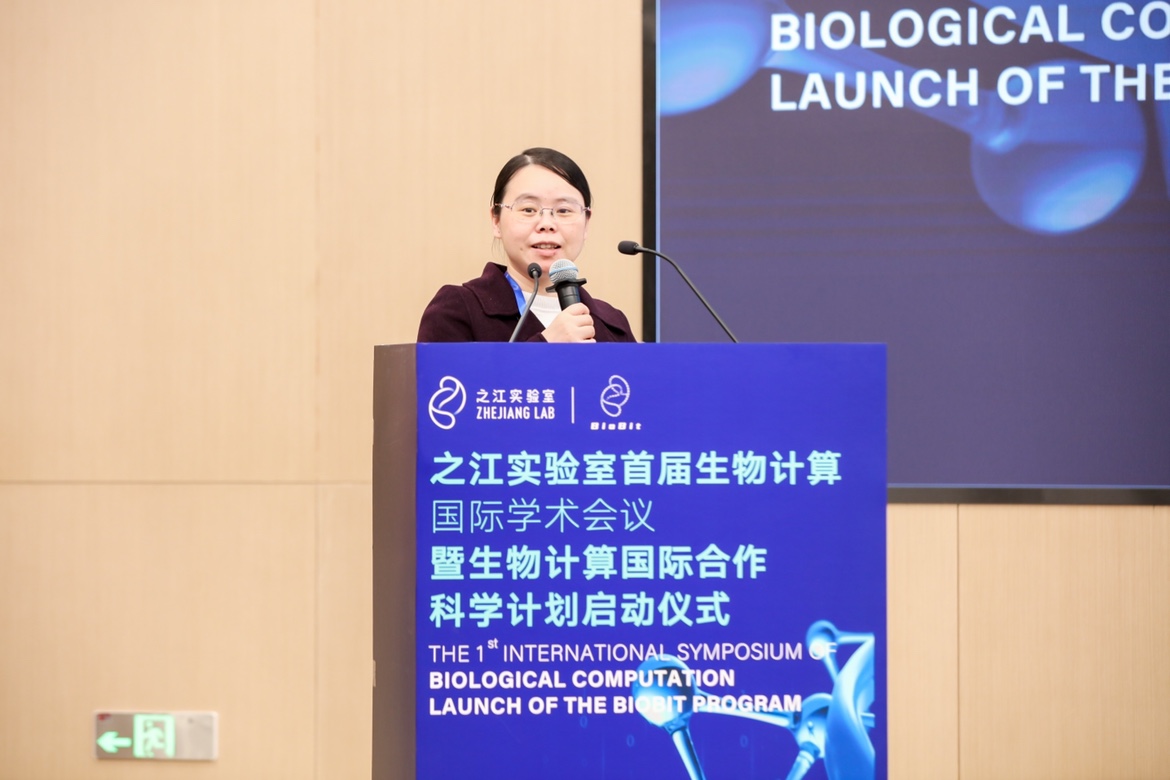

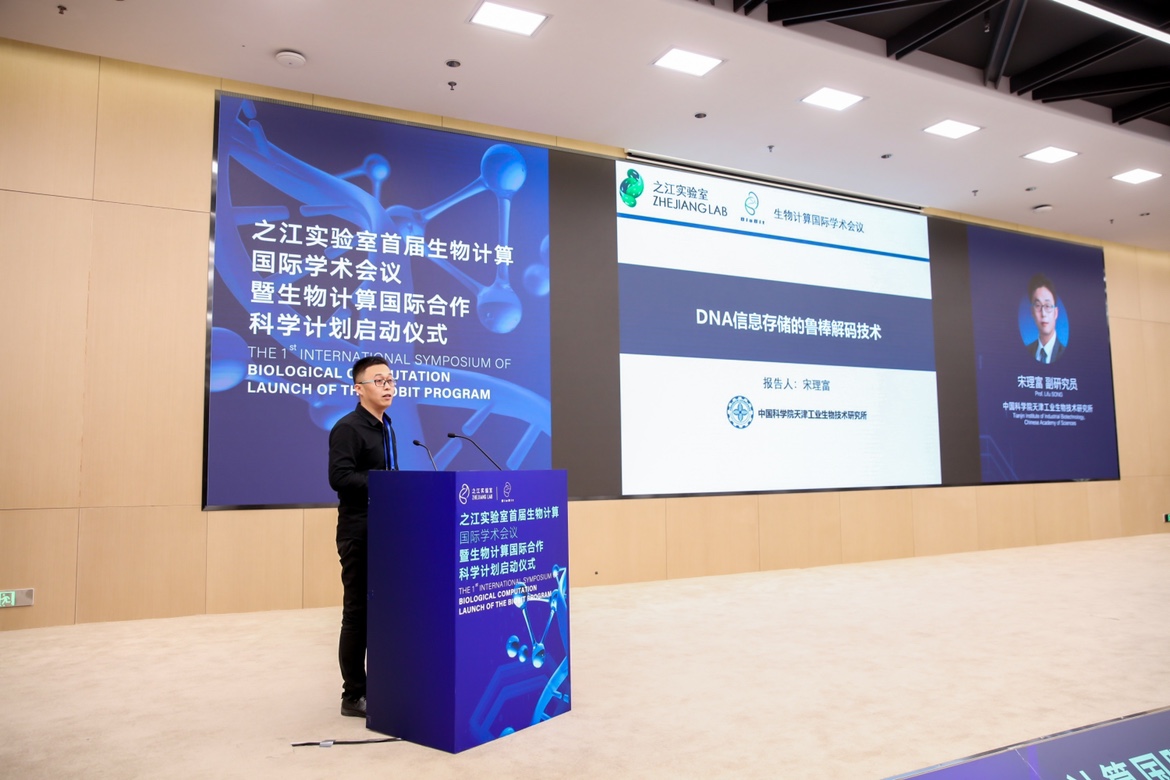
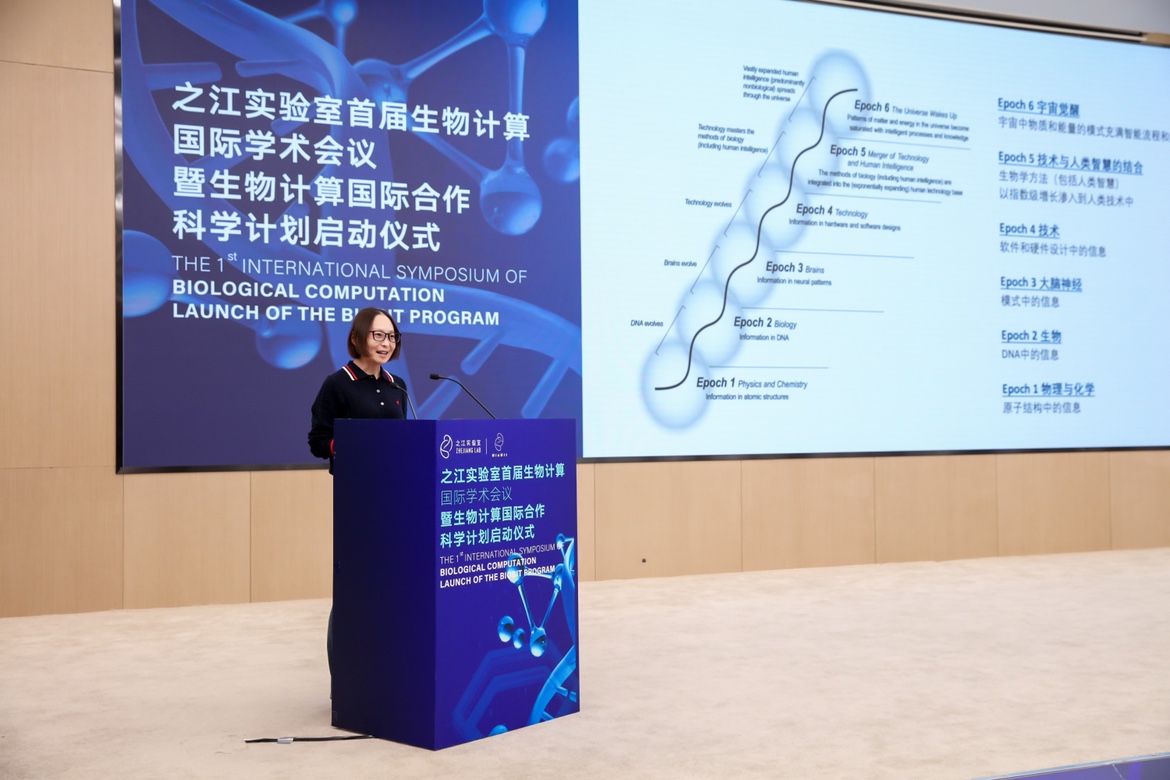
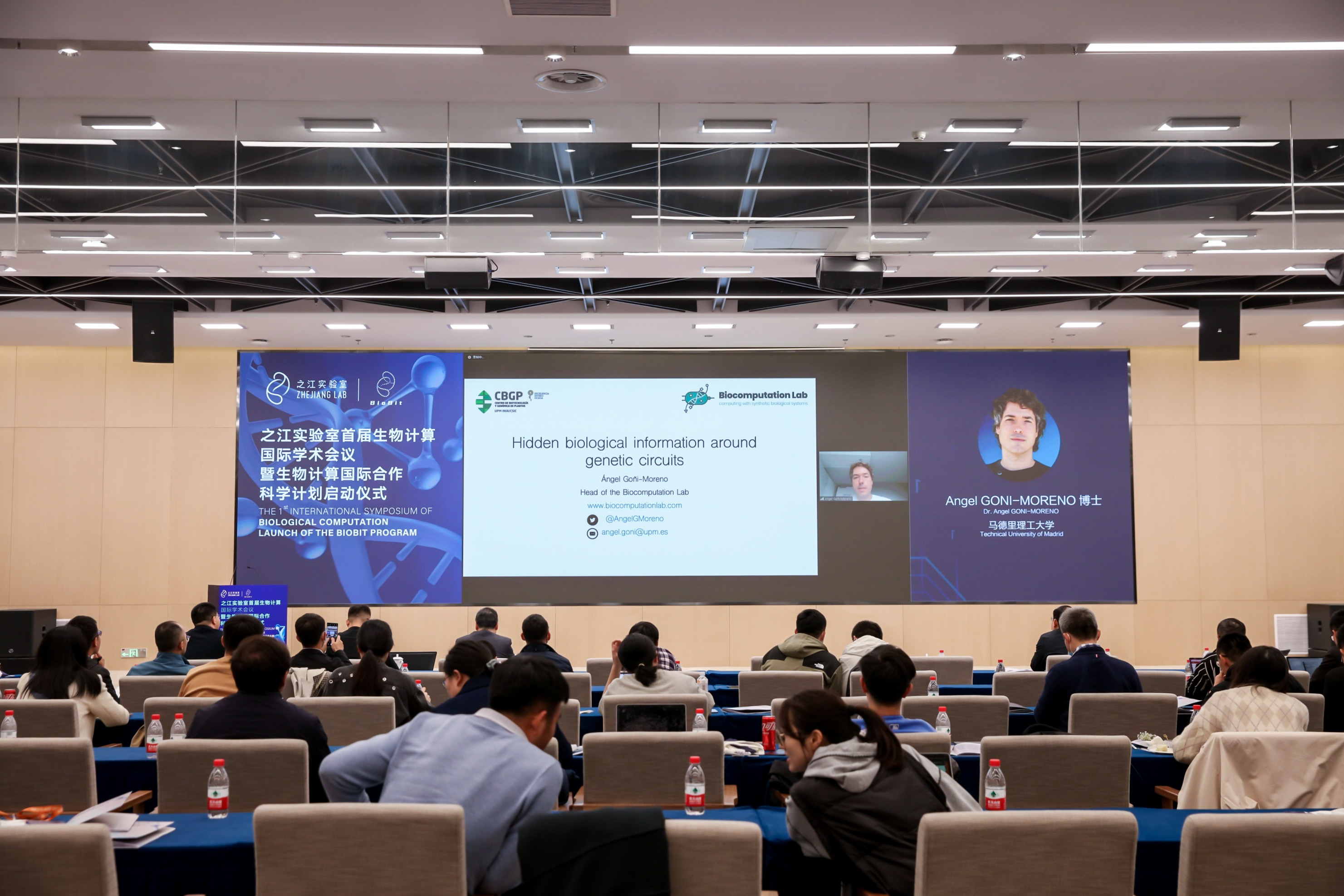
YE Bangce, Professor of East China University of Science and Technology; LOU Chunbo, a researcher at Shenzhen Institute of Advanced Technology, Chinese Academy of Sciences, SONG Jie, a researcher at Institute of Basic Medicine and Cancer, Chinese Academy of Sciences, PENG Hanchuan, Professor of the SEU-Allen Joint Center; HU Yongxian, Chief Physician of Marrow Transplant Center of the First Affiliated Hospital, Zhejiang University School of Medicine; Eitan Yaakobi, Professor of Israel Institute of Technology, SONG Lifu, Associate Researcher at Tianjin Institute of Industrial Biotechnology, Chinese Academy of Sciences; ZHANG Lushuai, CEO of Codon (Hangzhou) Technology Co., Ltd., Angel Goni-Moreno, Director of Biocomputation Lab, UPM and other experts and scholars from top-class institutions at home and abroad also gave keynote presentations on the design and application of gene circuits, brain science, DNA information storage and other research fields.
What is the BioBit Program?
As a new research field, biological computation has not yet seen exponential growth like silicon-based computing due to its ultra-cutting-edge nature and the difficulty in technology implementation. Great uncertainties still exist in research and development and continuous investment and promotion are necessary.
As a new research and development institution, ZJ Lab sees the infinite possibilities of biological computation to break the deadlock of "Moore's Law" and form a new computing paradigm. Therefore, the Lab takes biological computation as one of the important fields of intelligent computing, and carries out international scientific research collaboration with biological computation as the research focus.

At the symposium, ZHU Shiqiang, President of ZJ Lab, announced the launch of the International Collaboration Science Program for Biological Computation-BioBit Program. The program will focus on four fields: cell-based computing, biological storage, biomolecular computation, and bio-inspired computation. The program will, by setting up funds, building an international research network, and holding international academic exchange activities, bring together experts from different countries and regions engaged in biological computing research, and enhance the exchange of their professional knowledge to accelerate the frontier progress of biological computing science, and lead the trend of international collaboration and development of biological computation.
01 Cell-based Computing
To explore the personalized customization method of biological cells and organisms, endow them with the functions of sensing, responding and processing external signals, and realize the application in a variety of scenarios.
02 Biological Storage
To explore highly efficient information access techniques mediated by biomolecules in and out of cells.
03 Biomolecular Computation
To explore the computational potential of biomolecules and realize a new computational method of biomolecules with practical value.
04 Bio-inspired Computation
To explore the basic principles of biology to achieve intelligence, and promote the subversive development of intelligent computing science.
PAN Yunhe, Academician of the Chinese Academy of Engineering and Chief Scientist in Artificial Intelligence at ZJ Lab, announced the member list of the 1st Advisory Committee on Biological Computation, with Jonathan Cooper, a Fellow of the Royal Academy of Science, UK, as the Chairman, and experts and scholars from six countries including China, UK, the Netherlands, Spain, the United States and Canada as members.

Jonathan Cooper announced the list of recipients of 2022 BioBit Fund, including nine research teams from the University of London, the University of Washington, the Israel Institute of Technology, the University of Hong Kong, and other top institutions, which will carry out scientific research in the four research fields of the BioBit Program.
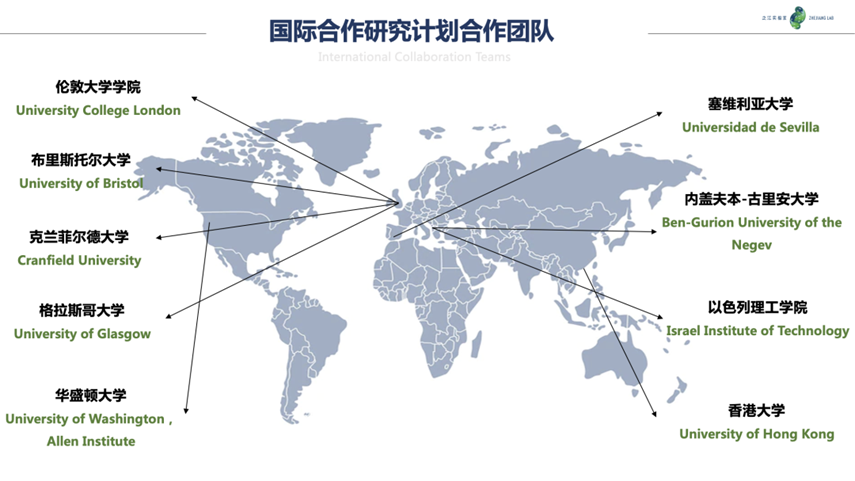
ZHU Shiqiang, President of ZJ Lab, said in his speech at the launch ceremony, "Today's launch ceremony stands for a new journey of global collaboration in biological computation. ZJ Lab is willing to work with its global colleagues to promote further progress in international collaboration, exchange and research in biological computation, realize more significant achievements conducive to social development and scientific progress, and promote the significant application of biological computation in human society to contribute to the improvement of human well-being."
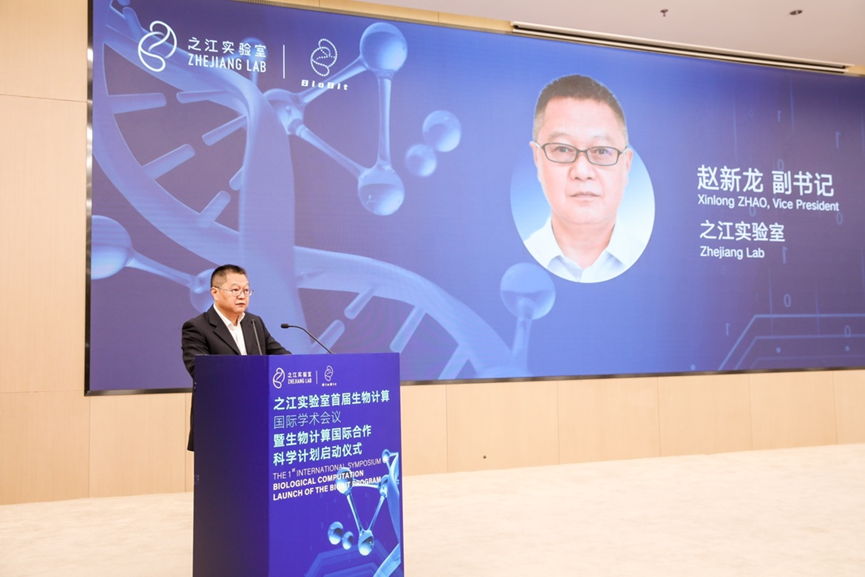
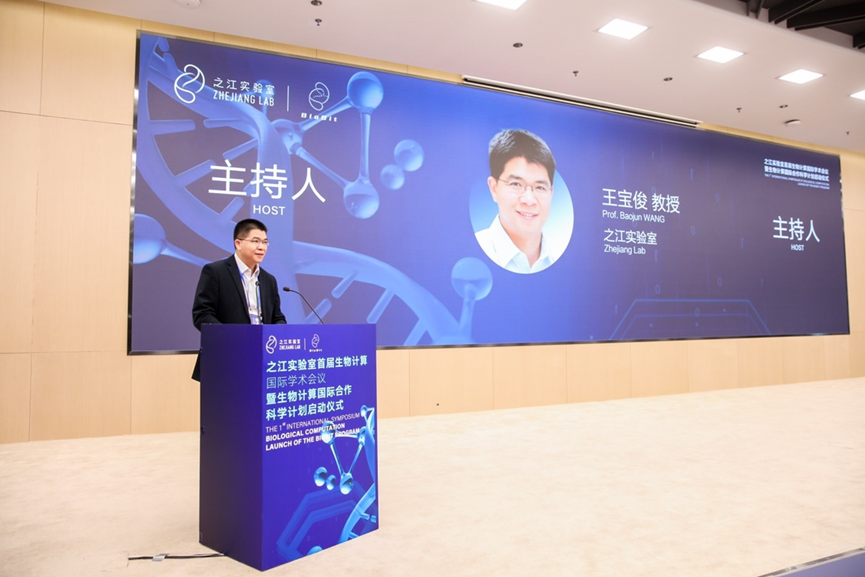
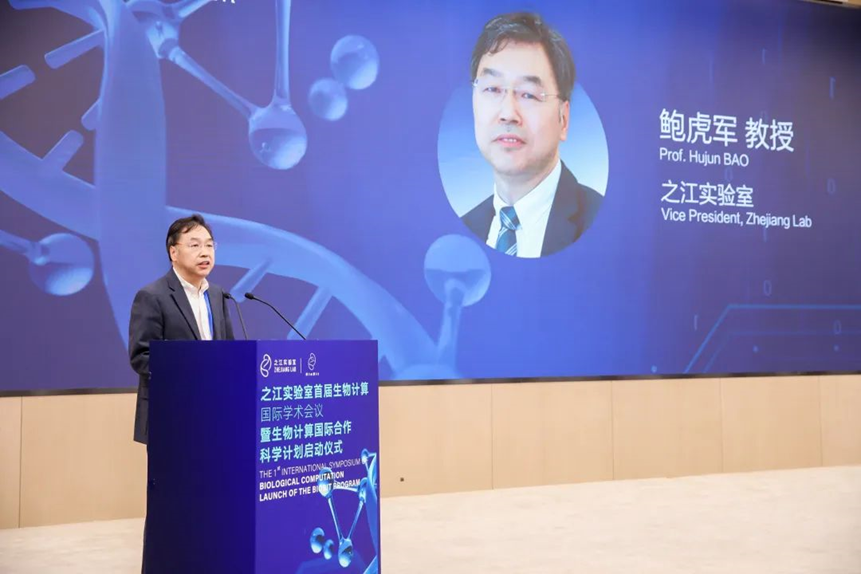

Please select Research Area
![]()
![]()




Please select Research Units
![]()
![]()







